Zinc Supplement For PCOS: What Every Woman Should Know
Polycystic Ovary Syndrome (PCOS) affects many women worldwide, causing various symptoms that can impact their physical and emotional well-being.
Zinc, an essential mineral for overall health, has recently gained attention for its potential role in managing PCOS.
In this blog, we will explore the connection between zinc deficiency and PCOS, delving into the importance of zinc in hormone regulation, insulin sensitivity, and inflammation reduction.
We will also discuss how to recognize zinc deficiency, address it through diet and supplementation, and highlight the significance of a comprehensive approach to managing PCOS.
Recognizing Zinc Deficiency in PCOS
Zinc deficiency can manifest in various ways, and some of its common signs and symptoms include:
- Weakened immune function: Frequent infections or slow recovery from illnesses may indicate a zinc deficiency, as it plays a crucial role in immune system health.
- Hair loss: Zinc is essential for hair growth and maintenance, so a deficiency may lead to hair thinning or loss, which can be particularly distressing for women with PCOS who may already experience hormonal imbalances affecting their hair.
- Impaired wound healing: Slow healing may also indicate inadequate zinc levels, as the mineral is necessary for skin repair and regeneration.
- Changes in taste and smell: A diminished sense of taste or smell can indicate low zinc levels.
- Skin issues: Acne, dermatitis, or other skin conditions may worsen or become more persistent in cases of zinc deficiency.
Factors Contributing to Zinc Deficiency in Women with PCOS
Several factors may contribute to an increased risk of zinc deficiency in women with PCOS, including:
- Poor dietary intake: Consuming insufficient zinc-rich foods, particularly in cases of restrictive diets, can result in inadequate zinc levels.
- Malabsorption: Some individuals with PCOS may have difficulty absorbing zinc due to gastrointestinal issues or other medical conditions.
- Medications: Certain medications commonly prescribed for PCOS, such as oral contraceptives or metformin, can interfere with zinc absorption, potentially leading to a deficiency.
- Increased demand: Women with PCOS may need zinc more due to its various roles in hormone regulation, immune function, and inflammation management.
How Does Zinc Supplement for PCOS Help?
Zinc supplementation can benefit individuals with Polycystic Ovary Syndrome (PCOS) in several ways. While research is still ongoing, some of the potential benefits of zinc for PCOS include:
Improving insulin sensitivity
PCOS is often linked to insulin resistance, which can result in elevated insulin levels and increased androgen production. Zinc has been shown to improve insulin sensitivity, help regulate blood sugar levels and mitigate some symptoms of PCOS.
Reducing inflammation
Chronic inflammation is another common factor in PCOS. Zinc is known for its anti-inflammatory properties, which may help reduce inflammation and improve overall health in individuals with PCOS.
Balancing hormones
Zinc plays a role in regulating hormones, including producing and converting androgens to estrogens. By maintaining a proper balance of these hormones, zinc supplementation can help alleviate some PCOS symptoms, such as hirsutism (excessive hair growth) and acne.
Enhancing fertility
Some studies suggest that zinc supplementation can improve fertility outcomes in women with PCOS. Zinc is involved in multiple aspects of reproductive health, including hormone regulation, egg maturation, and overall reproductive function.
Supporting immune function
Zinc is crucial for a healthy immune system. As PCOS can be associated with a weakened immune response, supplementing with zinc may help boost immunity and promote overall health.
Improving skin health
Zinc is known to have antimicrobial and anti-inflammatory properties, which can be beneficial for managing acne and other skin issues commonly experienced by individuals with PCOS.
Do magnesium and zinc help PCOS patients?
Magnesium and zinc can benefit women with PCOS.
A study showed that women with PCOS who were randomly assigned to take either 250 mg of magnesium oxide plus 220 mg of zinc sulfate (containing 50 mg zinc) supplements or a placebo twice a day for 12 weeks had a significant decrease in serum high-sensitivity C-reactive protein (hs-CRP) and protein carbonyl (PCO) and a substantial increase in plasma total antioxidant capacity (TAC) levels.
Another study showed that magnesium can lower inflammation.
What are some other supplements that can help with PCOS?
Some other supplements that can help with PCOS include Inositol, N-Acetyl Cysteine (NAC), Fish Oil, B-Complex Vitamin, Probiotics, and Vitamin D.
Inositol is one of the best supplements for PCOS due to its benefits in controlling blood sugar. Vitamin D is also essential for women with PCOS because it is crucial for their health and fertility.
Research shows that 67-85% of women with PCOS are deficient in vitamin D.
How Much Zinc To Take For PCOS?
In the context of PCOS, some studies have used higher doses of zinc supplementation, ranging from 30 to 50 mg daily. It is crucial to note that high doses of zinc may cause side effects and interfere with the absorption of other minerals, such as copper.
It is important to consult with a healthcare professional before supplementation, as individual needs may vary. However, general guidelines suggest that the daily Recommended Dietary Allowance (RDA) for zinc is 8 mg for adult women and 11 mg for adult men.
As a healthcare professional advises, zinc supplementation should be considered part of a comprehensive approach to managing PCOS, including lifestyle modifications, dietary changes, and other medications or supplements.
Does Zinc For PCOS Help In Weight Loss?
Zinc may indirectly contribute to weight loss in individuals with Polycystic Ovary Syndrome (PCOS) by improving some underlying factors associated with the condition.
However, zinc supplementation alone is unlikely to lead to significant weight loss. The potential ways zinc may support weight loss in PCOS patients include:
Improved insulin sensitivity
PCOS is often linked to insulin resistance, which can result in weight gain. Zinc has been shown to improve insulin sensitivity, helping regulate blood sugar levels and making weight loss easier in conjunction with a balanced diet and regular exercise.
Hormonal balance
Zinc regulates hormones, including the production and conversion of androgens to estrogens. By maintaining a proper balance of these hormones, zinc supplementation may help mitigate some PCOS symptoms contributing to weight gain.
Reduced inflammation
Chronic inflammation is another common factor in PCOS that can negatively impact metabolism and make weight loss more challenging. Zinc is known for its anti-inflammatory properties, which may help reduce inflammation and support overall metabolic health.
What Are The Zinc-Rich Foods For PCOS?
Incorporating zinc-rich foods into your diet can benefit individuals with Polycystic Ovary Syndrome (PCOS) since zinc plays a crucial role in hormone regulation, insulin sensitivity, and overall health.
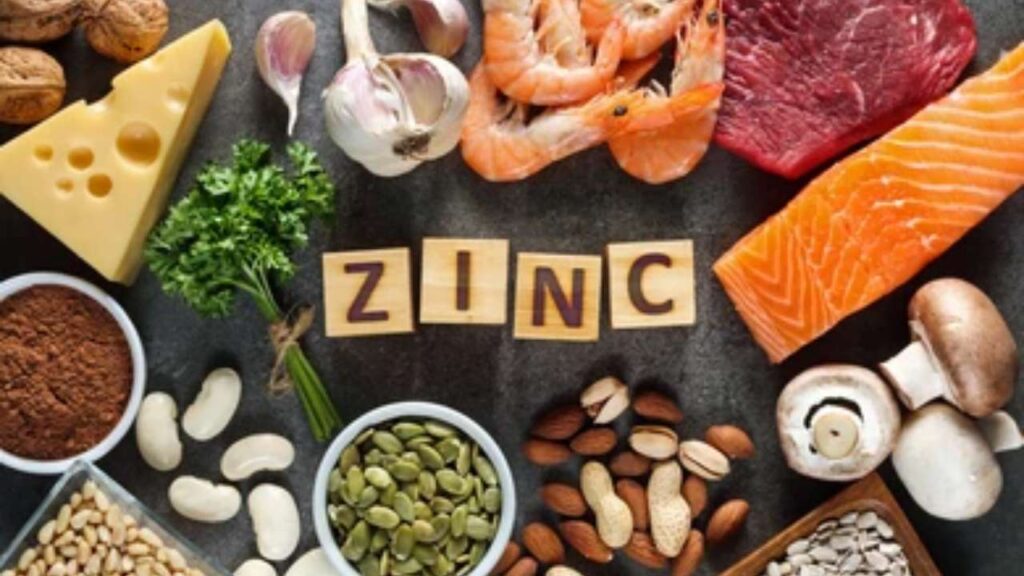
Here are some zinc-rich foods that can be included in a PCOS-friendly diet:
Oysters
Oysters are one of the richest natural sources of zinc. They are also low in calories and a good source of protein, making them a great addition to a balanced diet.
Red meat
Beef, lamb, and other red meats are rich in zinc. Opt for lean cuts to minimize saturated fat intake and avoid processed meats, which can be high in sodium and unhealthy additives.
Poultry
Chicken and turkey are good zinc sources and lower in fat than red meat. Choose skinless and lean cuts to minimize fat intake.
Seafood
Besides oysters, other seafood like crab, lobster, and shrimp are rich in zinc. Incorporate these into your diet for variety and additional health benefits.
Nuts and seeds
Nuts such as almonds, cashews, and peanuts and seeds like pumpkin, sesame, and sunflower seeds are good plant-based sources of zinc. They also provide healthy fats, fiber, and protein, making them nutritious snacks.
Legumes
Beans, lentils, and chickpeas are rich in zinc and offer a plant-based source of protein and fiber. They can be included in salads, soups, and stews for a nutritious meal.
Whole grains
Whole grains like quinoa, brown rice, and oats contain more zinc than their refined counterparts. They also provide additional nutrients and fiber, which can help manage blood sugar levels and support weight loss.
Dairy products
Milk, cheese, and yogurt are good sources of zinc and other essential nutrients like calcium and vitamin D. Opt for low-fat or fat-free versions to minimize saturated fat intake.
Dark chocolate
While dark chocolate is a good source of zinc, it should be consumed in moderation due to its calorie content. Choose chocolate with at least 70% cocoa for the best nutritional benefits.
Vegetables
Some vegetables like mushrooms, spinach, and kale contain zinc, although in smaller amounts than other sources. Incorporating a variety of vegetables in your diet will provide a range of essential nutrients for overall health.
Final Words
Understanding the relationship between zinc deficiency and PCOS is crucial for women facing this condition.
By recognizing the signs of zinc deficiency and incorporating zinc-rich foods or appropriate supplementation, women with PCOS can take steps towards better hormonal balance, improved insulin sensitivity, and reduced inflammation.
It is essential to consult a healthcare provider to assess individual zinc levels and develop a personalized plan for managing PCOS.
A comprehensive approach, including a balanced diet, regular exercise, and proper supplementation, is critical to addressing the complex challenges of PCOS and promoting overall well-being.


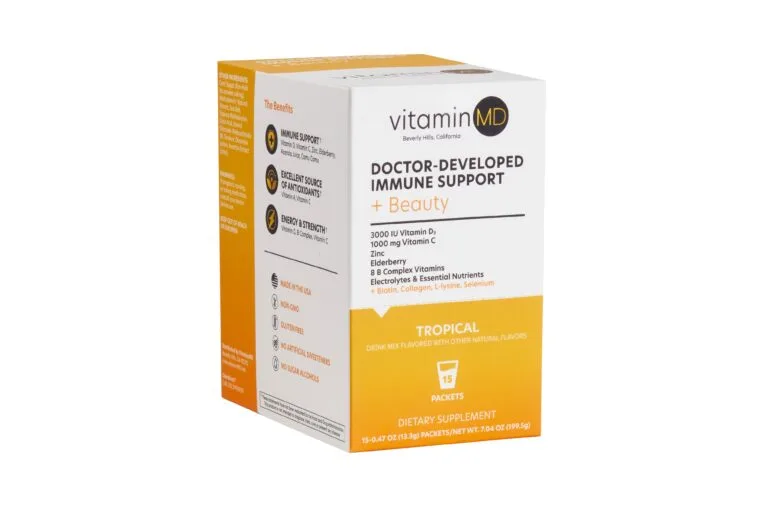
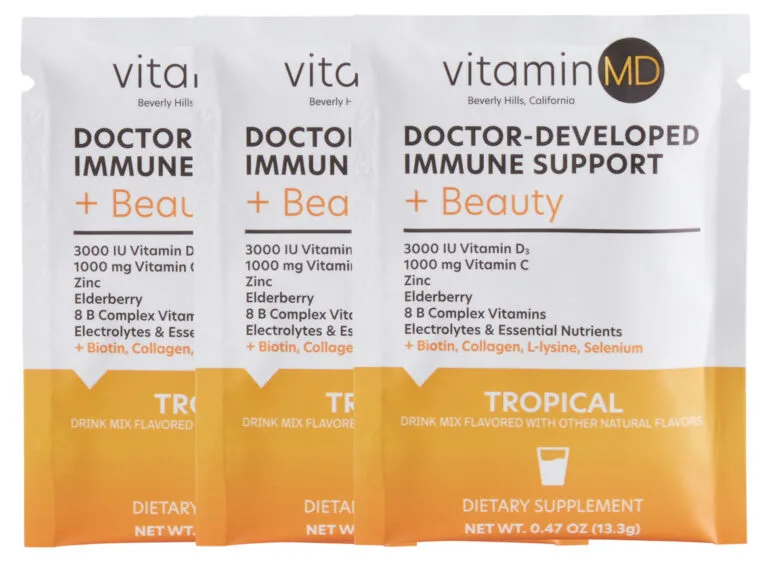
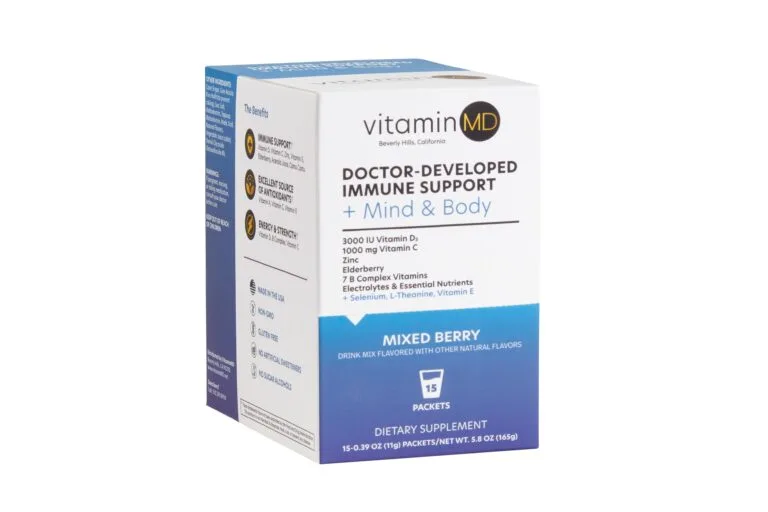
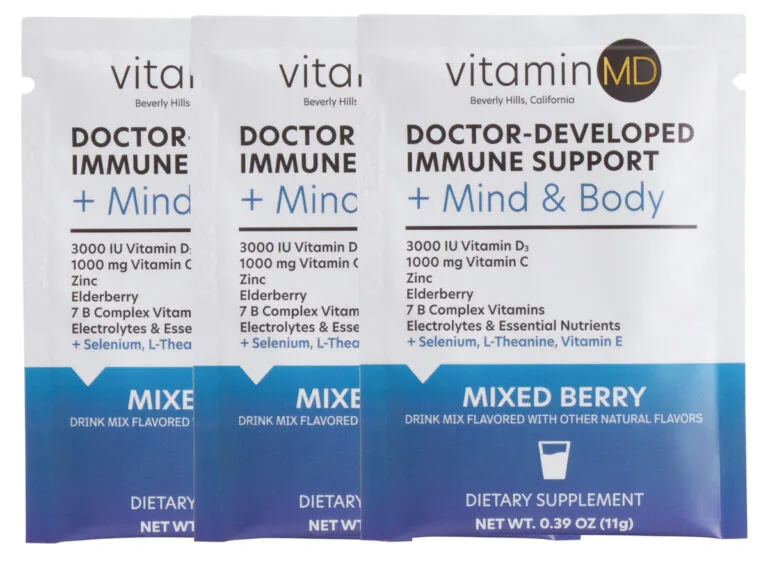
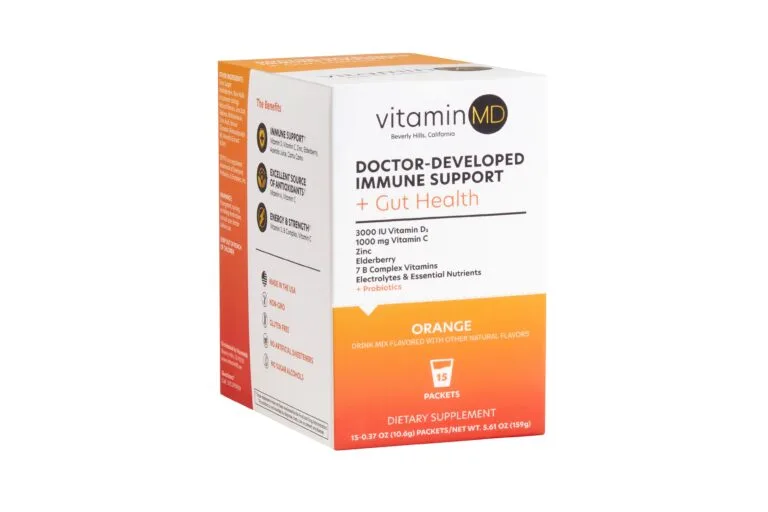
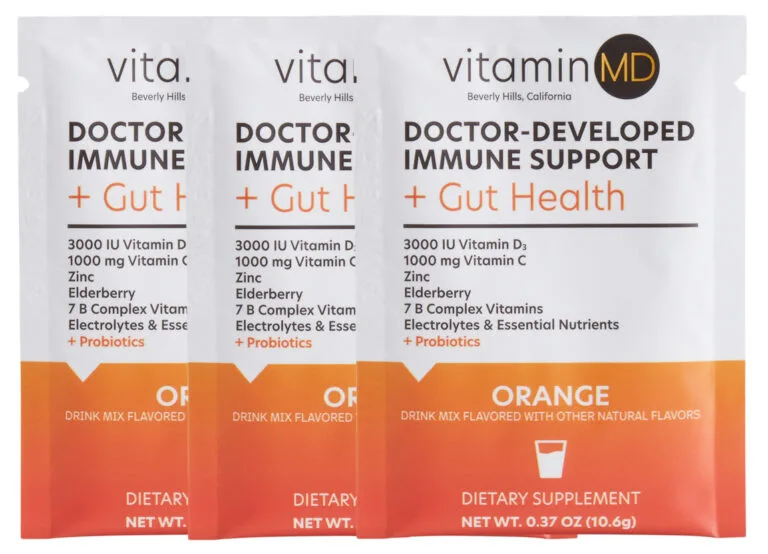
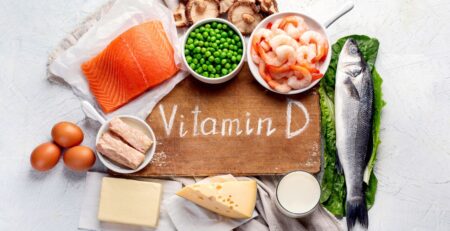

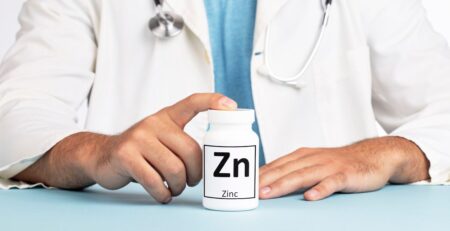



Leave a Reply